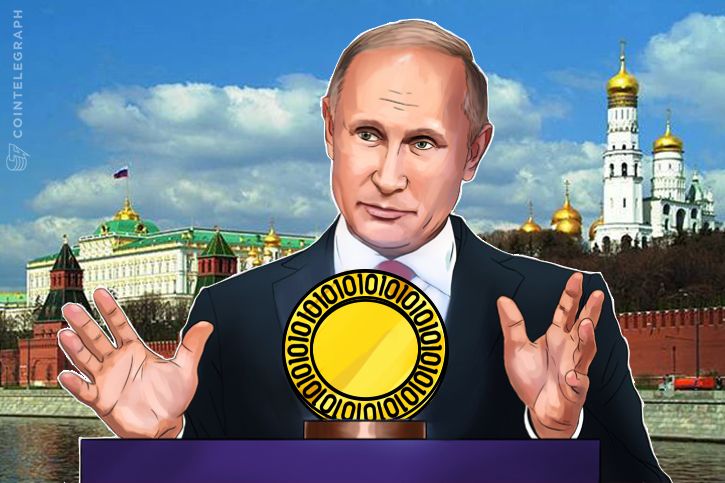At a recent government meeting, Sergei Glazyev, economic adviser to President Putin, said the ‘CryptoRuble’ could help alleviate the pressure of Western sanctions, The Financial Times reported Monday. However, there is still no unified official stance from the Russian government on the question of issuing a national digital currency.
The Russian CryptoRuble is essentially a digital ruble -- a government-issued digital currency accepted as legal tender.
According to FT, Glazyev stated that a government-controlled cryptocurrency like the CryptoRuble would help Russia disregard Western sanctions:
“This instrument suits us very well for sensitive activity on behalf of the state. We can settle accounts with our counterparties all over the world with no regard for sanctions.”
A divided front
Glazyev’s positive stance on the CryptoRuble is the latest position in the ongoing back and forth on the topic within the Russian government.
According to Russian news agency TASS, during a Dec. 28 meeting on legislation for digital currencies in Russia, government officials spoke negatively about the CryptoRuble.
Both the Deputy Minister of Finance Alexey Moiseev and first Deputy Governor of Russia's Central Bank, Olga Skorobogatova, stated that they did not see a need for issuing a national digital currency.
However, in June 2017 at the St. Petersburg International Economic Forum, Skorobogatova held the opposite position, saying:
“We will definitely get to a virtual national currency, we’ve already started working on it.”
Not a new question
The Russian government has been publicly discussing the idea of a government-issued digital currency as legal tender as far back as 2015. Originally, Qiwi, a publicly traded Russian payment service provider, initiated the idea for a Russian national cryptocurrency called ‘BitRuble.’
The Russian State Duma has an official working group in place that looks at cryptocurrency risks and regulations. Though there have been reports about possible outright cryptocurrency bans in Russia in the past, the government’s official stance remains unclear, leaning toward regulation of digital currency use.


